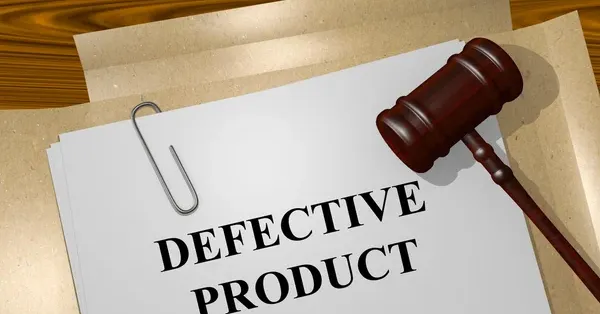When a product doesn’t work as intended or when there is insufficient, wrong, or missing safety information, you may be able to sue for product liability. But the question is, who is liable? Generally, you should suspect everyone associated with the product’s distribution network. Of course, you’ll want a lawyer with product liability knowledge to review your claim and determine who is liable. In the meanwhile, the following list emphasizes the prospective participants in a product liability claim:
Manufacturer
Usually, the manufacturing company is where the supply chain starts. You should also list the entities that designed and promoted the product if they differ from the producer. For instance, if your product liability claim alleges a flaw in the product’s design, you should mention any design consultants the manufacturer engaged. Suppose a car’s battery exploded, and you were hurt. In that case, you would file a product liability lawsuit against both the car’s maker and the battery manufacturer.
You may also include any marketing parties that created the instructions for the defective goods if your claim relates to missing or insufficient instructions.When suing a company for a defective product, engaging with knowledgeable and tenacious product liability lawyers serves your best interests. They will conduct a separate investigation to gather proof for each component of your product liability claim.
Retailer
The store where you purchased the injury-causing itemmay still be accountable for selling you a faulty product even though it’s unlikely that the merchant manufactured it. Remember that you cannot favor one defendant over another. Your complaint should name all defendants who took part in the distribution chain. Keep the following in consideration while determining whether you can sue the retailer:
You don’t have to be the buyer.
You can still be eligible for compensation even if you weren’t the purchaser of a faulty product that hurt you. For instance, you borrowed your neighbor’s defective lawn mower. The fact that you did not buy it yourself would not preclude you from filing a claim for a defective product or adding the retailer where your neighbor purchased it to your list of defendants.
You don’t have to be the user.
You could still be eligible to file a product liability claim even if you were hurt by a flawed product that someone else was using. For instance,you were injured by a blade that came loose from your neighbor’s flawed lawnmower.
You can recoup damages even in the case of used products.
Depending on the product, the type of the problem, and other factors, you can still sue the supplier that sold you a secondhand item that turned out to be defective.
Distributor or wholesaler
The supply chain may have many distributors, wholesalers, and suppliers. These people serve as the manufacturers’ and retailers’ intermediaries. They are all possibly liable when the defective product causes damage since they are all regarded as links in the distribution chain.
Final thoughts
Your lawyer will examine the particulars of your case to decide what kind of defective product claim to pursue and who should be named as a defendant in the lawsuit.

